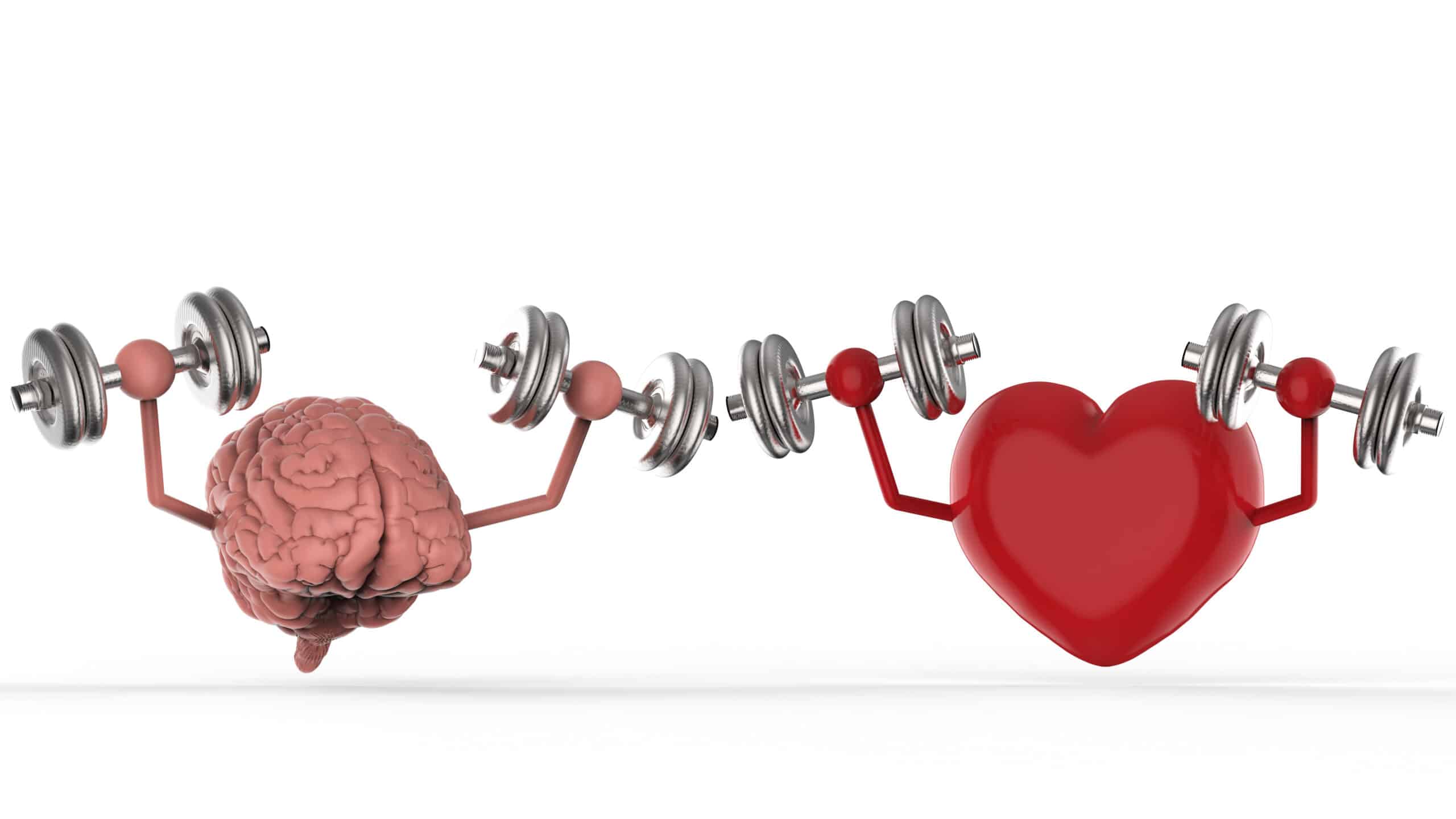Weight training may offer benefits for brain health as in this study when rats lifted weights they gained strength and changed their brain cellular environment which improved ability to think, according to the researchers.
According to their findings weight training reduced or reversed some aspects of age related memory loss, which may be important to brain health implications to humans. The training was accomplished with rats using ladders and tiny weights that were taped onto the animals.
During middle age, the brain changes and thinking skills start to decline, once familiar names, words, locations, why we entered a room, or where we placed an item, and facts begin to elude us. Regular aerobic exercise has been shown to typically increase the amount of new neurons created in the brain’s memory center, and to reduce inflammation which can contribute to the development of dementia and other neurodegenerative conditions. A few studies have linked weight training to bulding muscle and improved cognition, but it is not clear at the molecular level if it can affect cells and functions of the brain.
Animals received food rewards for reaching the top of the ladder, and soon started to climb even without rewards; after several weeks the animals showed increased muscle mass which indicated the activity was effective weight training. To investigate the effect of training on the brain a separate group of animals was injected with a substance known to induce inflammation. Half of these animals began weight training programs, as climbing became easier the amount of weight was increased. After 5 weeks all of the animals including a control group were put into a brightly lit maze, success at finding their way to the dark chamber differed: control animals were found to be the fastest and most accurate; those with mild cognitive impairments faltered, but with practice the weight training animals caught up to and surpassed the controls in some cases; untrained animals with cognitive impairments continued to lag far behind. According to the researchers weight training had effectively restored their ability to think.
Microscopic examinations of brain tissue from each of the groups showed signs of inflammation in the brains of those animals that were injected. Memory centers of the animals that had weight trained were teeming with enzymes and genetic markers known to help kick start the creation and survival of new neurons while increasing plasticity; meaning that these weight trained brains were in effect remaking themselves to resemble that of brains that had not been inflamed and impaired.
It is not known if these effects will translate to humans, so it is impossible to know from these results if human brains will respond in the same manner. Regardless, these are promising and suggestive results.
“I think it’s safe to say that people should look into doing some resistance training. It’s good for you for all kinds of other reasons, and it appears to be neuroprotective. And who doesn’t want a healthy brain?” says Taylor Kelty, Ph.D.




